A will is one of the most important legal documents you can have in life. It serves as a roadmap for distributing your assets and fulfilling your wishes after your death. Despite its importance, many people delay creating a will in New York, often assuming it’s unnecessary or too complex. In reality, having a will is crucial for ensuring your loved ones are cared for and your legacy is preserved. Whether you are just beginning to explore estate planning or looking to update an existing will, understanding its purpose and significance is a vital first step.
What is a Will?
A will, formally known as a last will and testament, is a legal document that outlines how your assets, such as property, money, and personal belongings, will be distributed after your death. It also allows you to name an executor, the person responsible for carrying out your wishes, and can include guardianship instructions for minor children.
Creating a will provides clarity and avoids confusion during an already emotional time. Without a will, your estate may be subject to intestacy laws, which determine how assets are distributed based on state law rather than your personal preferences. This can lead to unintended outcomes, including disputes among family members and delays in settling your estate.
Benefits of Having a Will
- Asset Distribution: You decide who receives what, ensuring your property goes to the right individuals.
- Guardian Appointment: For parents, naming a guardian for minor children in a will is essential for their future well-being.
- Peace of Mind: Knowing your wishes are legally documented brings comfort and security to you and your loved ones.
Why Do You Need a Will?
A will is not just for the wealthy or elderly—it’s a vital document for anyone who wants control over their estate. Whether you have a large portfolio of assets or only a few cherished possessions, a will ensures that your desires are respected.
1. To Avoid Intestacy Laws
If you pass away without a will, your estate becomes subject to intestacy laws. These laws vary by state and dictate how your assets are divided among surviving relatives. Often, this can result in unintended or inequitable outcomes, such as distant relatives inheriting assets while close friends or non-relatives receive nothing. A will ensures that you—not the state of New York—determine who inherits your property.
2. To Protect Your Loved Ones
A will allows you to take care of those who depend on you. You can specify financial provisions for your spouse, children, or other dependents. For parents, naming a guardian for minor children is one of the most critical reasons to have a will. Without this designation, the court will decide who assumes custody, which may not align with your wishes.
3. To Simplify the Probate Process
Probate is the legal process of validating a will and administering an estate. A well-drafted will can simplify and expedite this process, reducing the burden on your loved ones. Without a will, probate in New York becomes more complicated, costly, and time-consuming, adding stress during an already difficult period.
Conclusion
A will is a powerful tool that provides clarity, security, and peace of mind. It ensures that your assets are distributed according to your wishes, your loved ones are protected, and unnecessary legal complications are avoided. Creating a will is a proactive step toward safeguarding your legacy and giving your family one less thing to worry about during challenging times. No matter your age or financial status, the time to start planning your will is now.
Taking the initiative to create a will demonstrates responsibility and care for those who matter most. Don’t leave your estate and family’s future to chance—consult our qualified attorney today! to draft a comprehensive will tailored to your needs.

10 Frequently Asked Questions About Wills
1. What is a will?
A will, also called a last will and testament, is a legal document that outlines how you want your assets and property to be distributed after your death. It can also include instructions for guardianship of minor children, appointing an executor to manage your estate, and specifying any final wishes.
2. Who needs a will?
Anyone who wants control over what happens to their assets and dependents after their death should have a will. It’s especially important for parents with minor children, property owners, or individuals who wish to leave specific items to certain people or organizations.
3. What happens if I die without a will?
If you die without a will, your estate is distributed according to intestacy laws in your state. These laws prioritize close family members like spouses, children, or parents, which may not align with your wishes. Without a will, the court also decides guardianship for any minor children.
4. Can I write my own will, or do I need a lawyer?
You can write your own will using online templates or forms, but it’s highly recommended to consult an attorney. A lawyer ensures that your will complies with state laws, is legally binding, and addresses complex issues like tax implications or property ownership.
5. How often should I update my will?
You should review and update your will whenever there are significant life changes, such as marriage, divorce, the birth of children, or a change in financial circumstances. It’s also wise to review it periodically, even without major changes, to ensure it still reflects your wishes.
6. Who can serve as the executor of my will?
An executor is the person responsible for carrying out your will. They should be someone you trust, such as a family member, friend, or a professional like an attorney or financial advisor. Make sure the person is willing to take on the responsibility before naming them in your will.
7. Are wills legally binding in every state?
Wills are generally recognized across states, but each state has its own laws regarding validity. For example, some states require specific witness requirements or have different rules about handwritten or online wills. Consult an attorney if you move to ensure your will is valid in your new state.
8. Can I disinherit someone in my will?
Yes, you can disinherit someone, but it must be clearly stated in your will. Some states have laws protecting certain family members, such as spouses, from complete disinheritance, so consult an attorney to understand the laws in your jurisdiction.
9. What’s the difference between a will and a living trust?
A will takes effect after your death and directs the distribution of your assets. A living trust, on the other hand, is active while you are alive and allows you to manage your assets or have them managed by a trustee. Trusts often avoid probate, making them a complement or alternative to a will.
10. Can I include digital assets in my will?
Yes, you can and should include digital assets like social media accounts, email, and cryptocurrency in your will. Specify how these assets should be managed, including access credentials, to ensure they are properly handled after your death.
McNeal Law Group Will Help You With Your Will.
Please reach out to us for more information about creating a will in New York.


